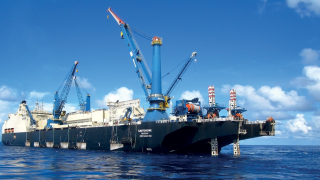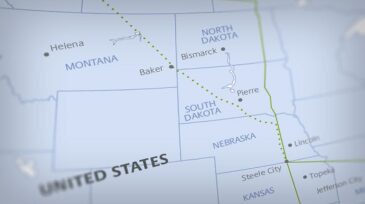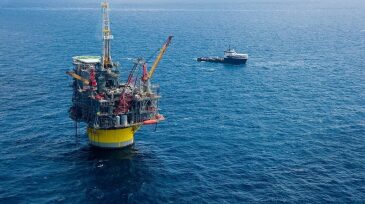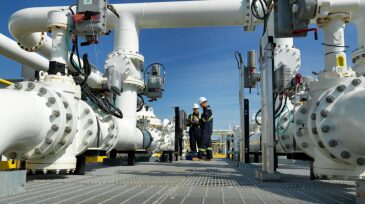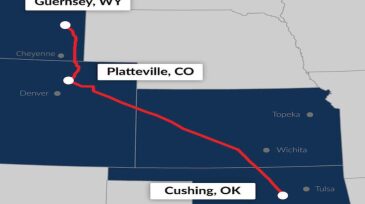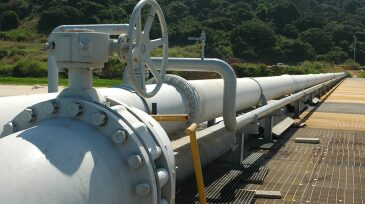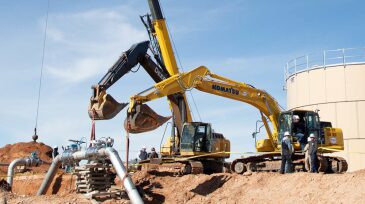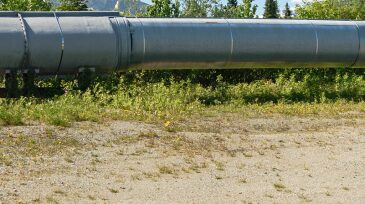Midstream
Despite a 2.8% drop in liquefied natural gas exports in 2025 because of lost market share in China, Australia anticipates a 2026 rebound as new North West Shelf capacity comes online. Meanwhile, East Coast operators brace for a tsunami of wells entering the decommissioning pipeline and potential energy shortfalls necessitating LNG imports.
Engineering, procurement, construction, and installation awards made at the end of 2025 are expanding Saipem’s role in Turkey’s two largest offshore gas fields, plus Saudi Arabia’s Berri, Abu Safah, and Marjan oil fields and Qatar’s North Field gas giant in the Persian Gulf.
Project financing raised by JP Morgan will enable YPF and its partners Eni and ADNOC’s XRG to launch Phase 2 of Argentina LNG, boosting production to 18 mtpa by 2030–2031.
-
Supreme Court upholds ACP’s controversial permit to lay pipe under national forest and across two states.
-
The court ruling comes less than a month after TC Energy announced plans to proceed with construction of the Keystone Pipeline.
-
Both platforms offshore assets were shut in following a leak in ExxonMobil's 100,000 B/D pipeline system.
-
The $8-billion pipeline project has been held up for years, but amid a historic price crash, the Canadian government is stepping in with funding to support exports.
-
Westcoast Energy revised its inspection practices following the 2018 incident. Its model used to predict crack growth did not take into account all uncertainties
-
The transaction is expected to close in March. The Liberty Pipeline runs 700 miles between Cushing, Oklahoma and Guernsey, Wyoming.
-
TC Energy is planning to start mobilizing heavy construction equipment to worker campsites and pipeline storage sites in Montana, South Dakota, and Nebraska in February to start preconstruction work on the Keystone XL Pipeline.
-
After a planned acquisition of Goodnight fell through, private equity firm Tailwater Capital is boosting its total investment in the water midstream company to more than $500 million. Goodnight recently signed five long-term contracts with producers in the Delaware Basin and the Bakken.
-
The deal sees Energy Transfer gain, among other assets, various crude and natural gas liquids pipelines running from the Denver-Julesburg and Anadarko Basins.
-
The deal sees H2O Midstream increase its produced water gathering network to more than 435,000 B/D of disposal capacity and 190 total miles of pipeline. The Permian water midstream company will add more than 40,000 B/D of recycling capacity with the option to double that capacity over time.


